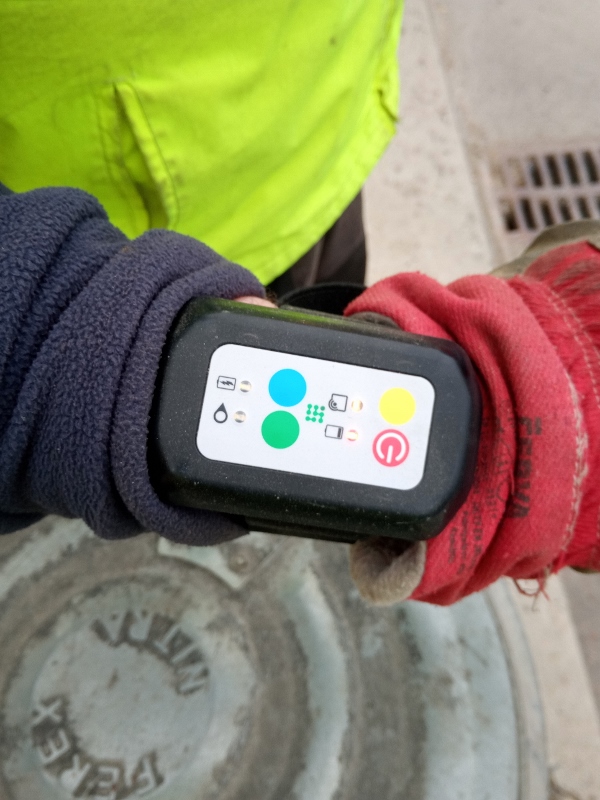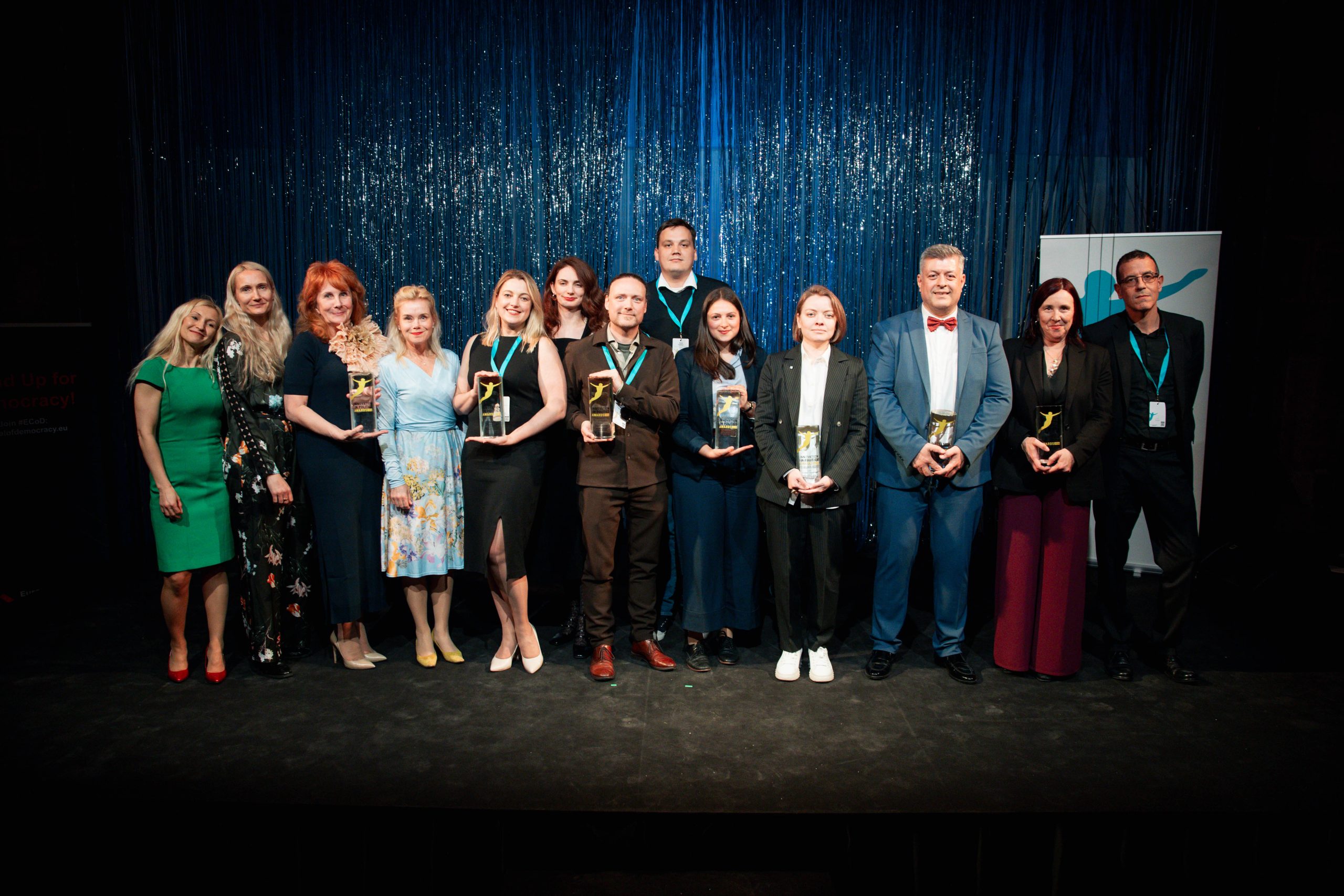The project No Data Waste in Košeca won the 2020 Innovation in Politics Award in the category Digitalisation. We spoke with the Mayor of Košeca, Radomír Brtáň and Marek Kurinec (Municipal Waste Management Specialist) about their system of rewarding people for sorting their waste which has already been scaled in 50 additional municipalities in Slovakia.
What is the current status of the project?
Since its launch in April 2019, the electronic waste registration in the municipality has been very successful. We went from 417.56 tons of mixed municipal waste in 2018 down to 378.16 tons in 2019, the year of the introduction of the electronic waste register. And in 2020, when we implemented the reduced municipal waste charges, we were down to 333.18 t. This means we have reduced the amount of mixed waste by more than 20% in 2 years. In absolute numbers this is 84 tons or the equivalent of 13 fully loaded garbage trucks.
We continue to manage the project in the original setup and we are constantly working on improving the system as well as building on top of it. Specifically, this means that we are looking for ways to ensure the highest quality waste collection and recording system. Our goal is to make the system accessible and resilient, so that we are not surprised by the future.
We are also trying to create the conditions for as many people as possible to get involved in the system, to start sorting waste and behaving responsibly. We are very pleased and grateful that people are becoming more aware of their consumer behaviour, also influenced by the results we are achieving.
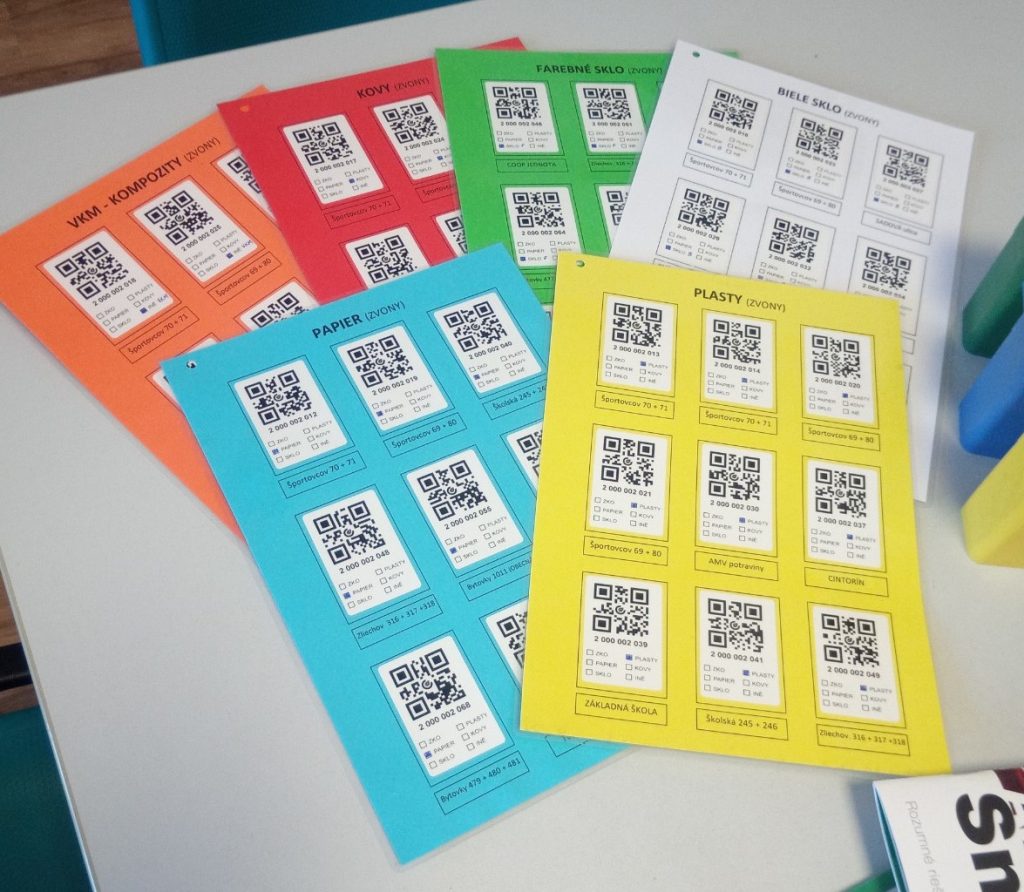
How did the residents of Košeca react to the project?
The biggest surprise regarding the implementation of this project is that we have not seen any resistance from the public. If they do have reservations, they are of a technical nature, for instance about how to determine the sorting rate or the distribution of QR codes. But these issues can be explained and addressed. So in general the implementation and public perception have been very positive, the community has identified with the system. We would therefore like to commend the citizens of Košeca for complying with the system.
What were the technical preconditions to get the project off the ground? What needs to be in place for a project like this to be scaled successfully somewhere else?
It is necessary to have a person in the municipality who coordinates the whole project, who is the “brain” of the project – from the labelling of the bins to the communication. It is very important that everyone involved gets the proper training and acts responsibly because it is up to them to collect the data. If it happens that the data is not captured correctly and the public perceives these mistakes and therefore the system as a whole negatively, it could cause the project to collapse or even stop altogether. Processes need to be set up and controlled, and if any deficiency is detected, one must respond quickly. It is therefore absolutely crucial to ensure reliability and the public’s trust in the system.
How is residents’ data processed and protected?
The data is safely archived on secure servers. Only the municipality has access to them, and people can find out their results if they want to. We are about to launch an app which allows people to see their results directly and check if all their collections have been registered correctly.
“Personal contact is irreplaceable. Communication must not be a one-way street from the office to the citizens but involve interaction and feedback.”
RADOMÍR BRTÁŇ AND MAREK KURINEC
What was most important for the successful implementation of the project?
We made sure that the system was ready to go before seeking approval in the municipal council. Once the approval was secured, everything went very quickly. Approval was given in December 2018 and we launched the project in April 2019. Within this period, we managed to sort out all the practicalities and to communicate the project to the public.
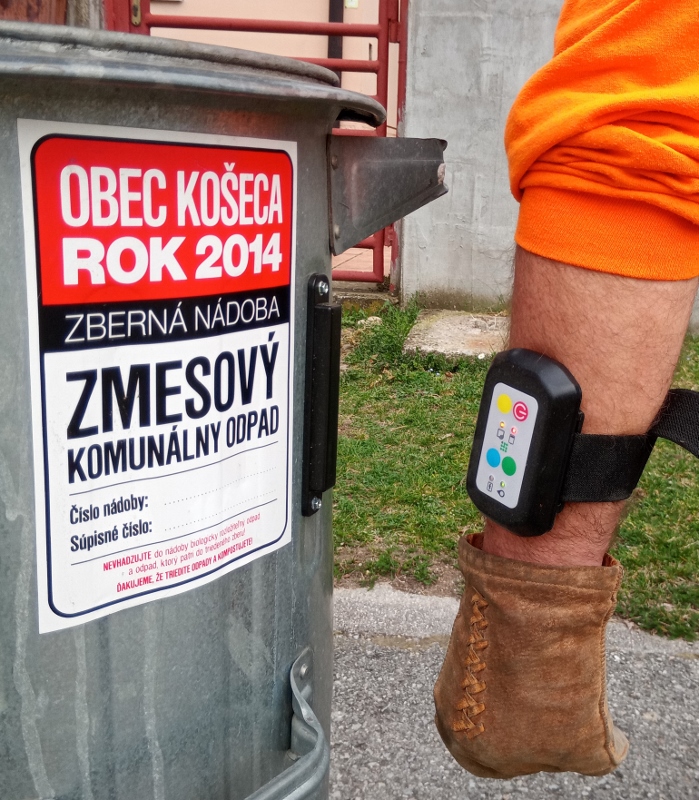
For the launch, we made use of all our available channels: our website, social media, the municipal newspapers, and radio. However, the most important part was personal contact. It is irreplaceable. We explained the whole project to people in person, thus avoiding possible misunderstandings or misinterpretations. Overall, communication must not be a one-way street from the office to the citizens, but involve interaction and feedback.
How did Covid-19 impact the implementation of the system?
As regards the operation of the system overall, Covid-19 did not have a negative impact. We saw increased waste production during the pandemic, but to our delight what was produced was also sorted. You could even say that the pandemic helped in that we learned how to communicate with households remotely.
Whilst the number of residents in the municipality is increasing, waste production is going down. This shows that our strategy is working.
Several municipalities are also implementing this system. Do you think the project is universal, in the sense that it can be implemented in larger cities where personal contact is much more limited?
The system is elastic and can be applied and adapted to the needs of cities regardless of their size. As long as it is implemented correctly, and communication with the public is set at the required level, there is no problem. So far, about 50 municipalities in Slovakia have already implemented the project, some started in 2019, others joined in 2020 or 2021. The system is continuously expanding.
What would you advise other local leaders who want to reduce waste in their communities?
Overall, it is necessary to create conditions that enable people to modify their behaviour and be more environmentally responsible. This is the task of municipalities. It is also a good idea to do an in-depth audit of the whole waste management system so that the municipality knows what waste they are generating, where and when, so that they can assess what is the biggest burden on the municipality and analyse this data. Quality measures can then be taken.
We in Košeca are trying to do this as much as we can, and the results show that. We are pleased that people are also seeing this and are getting involved in the system.
“We have reduced the amount of mixed waste by more than 20% in two years, this is 84 tons in absolute numbers or the equivalent of 13 fully loaded garbage trucks.”
Radomír Brtáň and Marek Kurinec
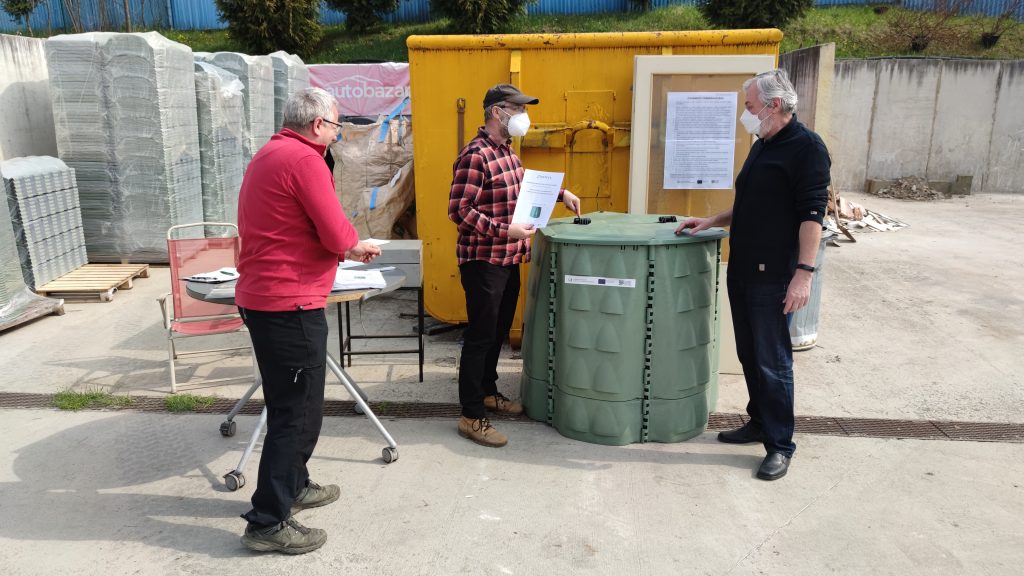
Are you looking optimistically into the future?
Košeca is on the right waste path and thanks to the Innovation in Politics Award it has also become a great model for many municipalities in Slovakia. But there is still a long way to go. We are still taking almost 400 tons of waste to landfill every year, which represents up to around 40% of the municipal waste generated. We still need to reduce waste disposal significantly through joint efforts.
We are happy that many other municipalities have learned about our project and there is a lot of interest in it from all parts of Slovakia. Local governments are particularly interested in the principle of financially motivating people, which helps us to create a better future without waste.
We are very grateful to everyone who is involved in the project. We think the project makes a lot of sense for the future of not only our municipality, but all of Slovakia.
Find out about the project and watch their winner video here.
Radomír Brtáň is not only an Innovation in Politics Awards Alumni, but also a member of our ACT NOW Mayors’ Network. Are you a local leader who wants to benefit from an international network for knowledge sharing and best practice exchange? Find out more here.

